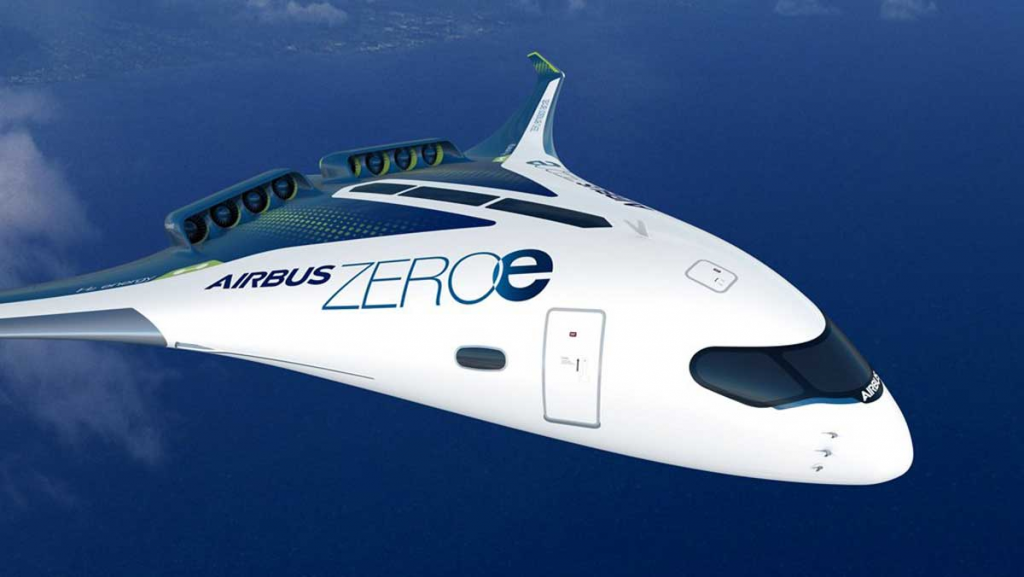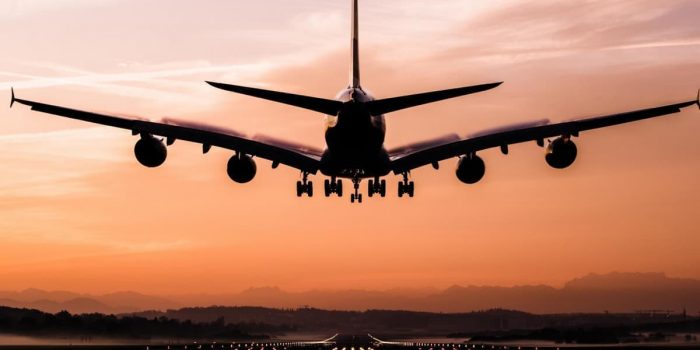Airbus has stated that it is actively and successfully working on bringing a fully operational megawatt-class electric powertrain, fueled by cryogenic liquid hydrogen. It will be tested in flight by 2026. This will be before its full-scale zero-emissions passenger airliner that it plans to make available for service by 2035.
These powertrains will be encapsulated in large pods, slung under the wings where you’d normally find a beefy jet turbine. Each pod will have its own liquid hydrogen tank inside, as well as cryogenic cooling equipment to keep the fuel under its extremely cold boiling point of -253 °C (-424 °F, or just 20-odd Kelvin). Each pod will also have its own fuel-cell stack, to convert gaseous hydrogen into electricity, and an electric motor to drive a propeller or electric jet.

The aircraft will be a full-size A380 airliner, specially set aside for zero-emissions concept testing at service altitudes.
“In terms of aerodynamics, the A380 is a very stable aircraft,” says Mathias Andriamisaina, Head of ZEROe Demonstrators and Tests at Airbus. “So the pod attached to the rear fuselage via the stub doesn’t pose much of an issue. Furthermore, the airflows from the pod and its propeller do not affect the airflow over A380’s tail surfaces.”
Keeping the cryogenic fuel system in an unpressurized environment makes this a better test with respect to the final designs that’ll keep their fuel out in the pods.
The main objective is to create a zero-emissions airliner capable of carrying enough energy to fly the same routes these vehicles currently do running on Jet-A kerosene fuel.

It’s a revolutionary technology and has been adapted from space programs. It needs to be rigorously tested before it makes its way into widespread use. So it’s good to see a company with the kind of resources Airbus can marshal pushing liquid hydrogen forward with a view to deploying it at scale.
Airbus will have a zero-emissions airliner up and running and in service by 2035. The company expects to have the test-equipped A380 flying by 2026 to begin proving the cryogenic powertrain. It has also partnered with ArianeGroup to design and build the world’s first liquid hydrogen refueling facility for zero-emissions aircraft, which it plans to have operational at Toulouse, Blagnac airport by 2025.


